While Indian students managed to be brought back or still stranded there are unsure of their prospects, easing of Russia-Ukraine tussle with Indian mediation or otherwise, and historically cordial relations between India and Ukraine serve as silver lining.
Inter-country invasions not only devastate the target country but also enervate the innocent people of other nationalities residing as they may be subjected to unbearable hardships. More than just a typically hegemonic move, the current Russian attack on Ukraine can be construed more as a reprimand for some perceived or actual default of significant magnitude by its onetime brother. The invading country tends to ignore that in spitting someone’s face, one’s own nose is at least bruised if not cut off.
Given the secretive ethos of mighty Russian President Putin and his known history of taking bold, independent decision and getting it through, it is difficult to foresee what comes next. The US observation of a hardcore Vladimir Putin being ill-advised by his close aides appears to hold little water.
For Ukraine, the war using conventional weapons has already taken an estimated toll of 40,000 military and civilians; on the Russian side the loss is about a third of it. Moreover, some 1.25 million persons have become refugees. With Russia having beefed up its nuclear facilities along borders and already shelled one nuclear plant, conflict is mounting and the three rounds of talks appear to have no dent. In an emotional appeal the Ukrainian president Zelenskyy decried, “Only urgent action by Europe can stop the Russian troops … that could spell “the end for everyone … end for Europe … evacuation of Europe”. The situation can be disastrous if NATO intervenes and nuclear arms are used. The UN’s call to end hostilities in Ukraine twice in March, followed by appeal of a group of Nobel laureates and other dignitaries like Dalai Lama, Juan Manuel Santos, Kailash Satyarthi, Leymah Gbowee, Tawakkul Karman, Muhammad Yunus, David Trimble, Jody Williams, Jose Ramos-Horta, etc.) yielded no fruit. However for India the concern looming large is that of resettling its students stranded or returned from war-torn country.
Many factors contribute to Indian students heading to Ukraine for higher studies particularly in medical, engineering and other professional streams: lower fee and living expenses (it is costlier in Mauritius), world-recognised courses, ease of admission, relative proximity to India, English as medium of instruction, peaceful nature of country, opportunity to move elsewhere from this gateway to Europe, etc. all of which make Ukraine as choice of destination for Indian students. The country has more than 63,000 students from 130 countries of the world, numerous agencies help students from different countries secure admission in the universities of Ukraine. As per Ukrainian government record, among international students there, Indians outnumber any other country. At home, Parliament was informed in June last year that 18,000 Indian students were enrolled in educational institutions in Ukraine, more than in Russia and France (16,500 and 10,000 respectively).
Indian students in Ukraine are naturally in quandary as their career prospects are at stake. Thanks to the efforts and guts of Indian government, many have returned safe; those staying still there are hopeful that the present crisis shall pass and normalcy restored.
As big relief to the evacuee students, after earlier admission offers from Kazakhstan, Georgia, Armenia, Belarus and Poland, universities in Russia and Crimea have accepted such students especially from medical streams at no additional cost and without entrance test. In fact, 140 Indian students have already been directly enrolled in the Nicolae Testemitanu State University of Medicine & Pharmacy (SUMP), Moldova.
Chief ministers of some States have shown willingness to accept Indian students from Ukraine. The apex regulatory body Indian Medical Association has agreed that the medical students from Ukraine can be adjusted in Indian medical schools as a one-time solution. Yet, if the proposal is accepted by the National Medical Commission, functional difficulties are sure to crop up. The actual number of these students may be above 23,000. Even if authorities approved incremental seats beyond its already stretched capacity, teacher-student ratio shall be adversely affected and lab and other necessary facilities in place may be in disarray. The students are also at different levels and not grounded in Indian curricula. That means, if somehow admitted, they shall face difficulty adjusting and quality of education may be compromised besides impinging on the prospects of domestic students who have qualified NEET. Further, certain universities of Ukraine are not in the approved list in India, and vice versa. Online study in medicine, as hinted by Ukraine shall be a bad precedent, it is believed.
Return of students back to Ukraine is an uncertain possibility as with China; the students returned due to Covid-19 are still unable to go back and complete their courses due to denial of permission to international students and also non-restoration of diplomatic relations between the two countries. For Ukraine-returned students, much depends on the stance India takes on Russia-Ukraine tussle. Let us believe, best shall come out.
. . . . . . . . . . . . . . . . . . . . . . . . . . . . . . . . . . . . . . . . . . . . . . . . . . . . . . . . . . . . . . . . . . . . . . . . . . . .
Published in The Pioneer on 5 April 2022, the Tuesday, with the heading, ‘Indian returnees face an uncertain future.’ Link: https://www.dailypioneer.com/2022/columnists/indian-returnees-face-an-uncertain-future.html
….. ………. ….. ….. ………. ….. ….. ………. ….. ….. ………. ….. ….. ………. ….. ….. ………. ….. …..
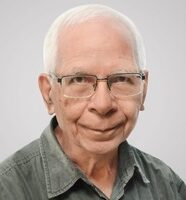
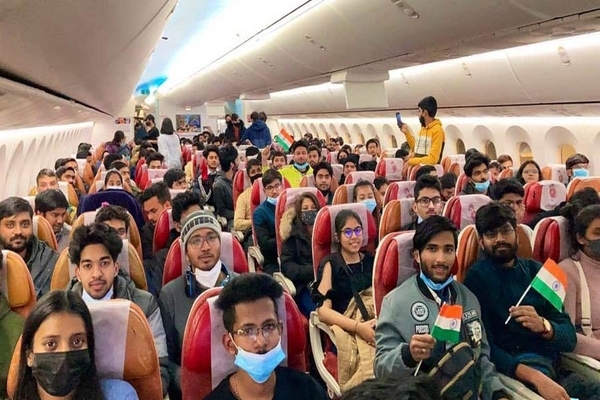
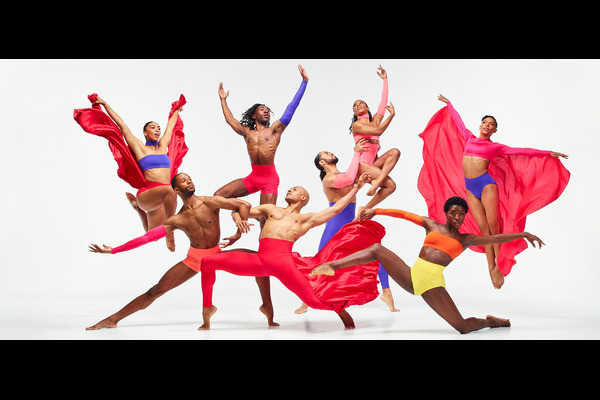
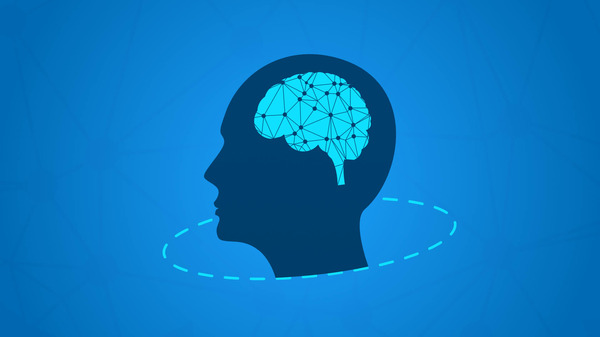
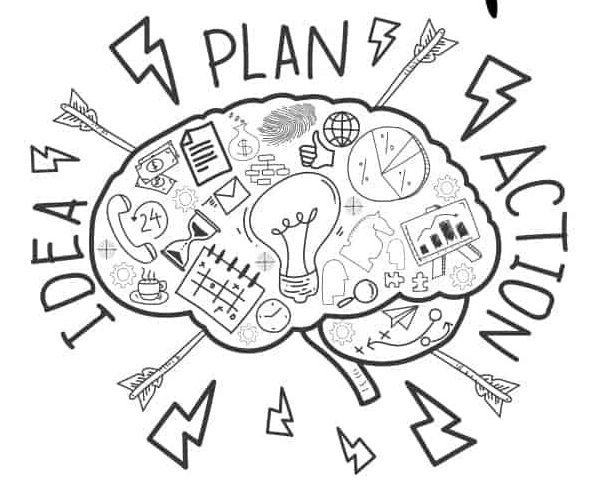
All these students were not upto the mark for admission to Indian medical colleges. Admitting them in our colleges will deprive our meritorious students of already megre facilities and dilute standard of education.